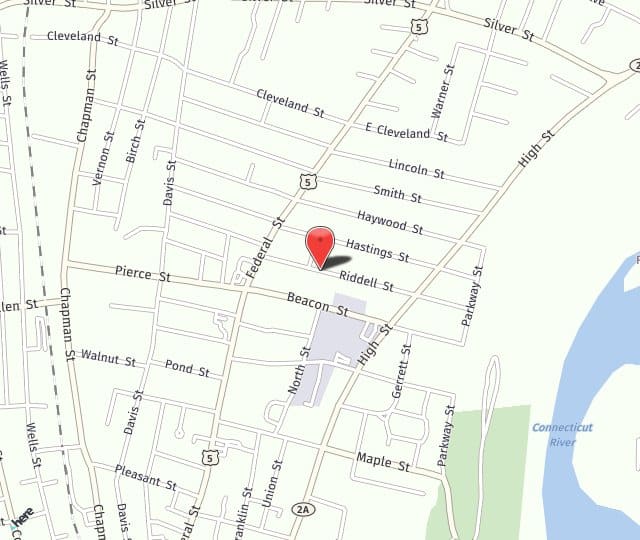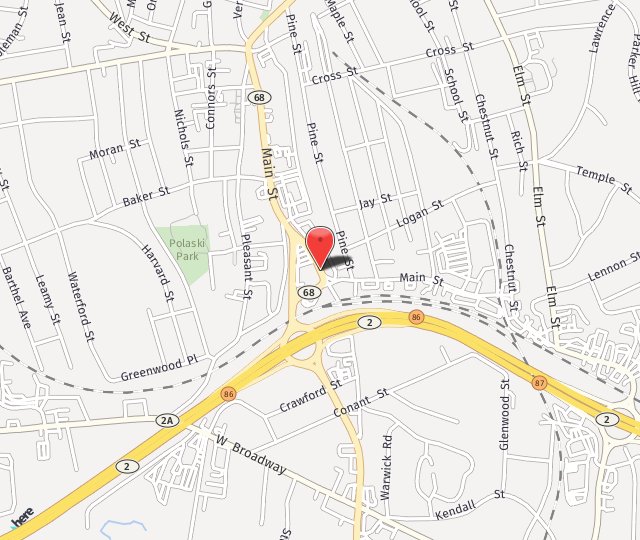
What is Macular Degeneration?
Macular degeneration is the leading cause of severe vision loss in people over the age of 60. Commonly referred to as Age-Related Macular Degeneration (AMD), it is a condition that results as part of the natural aging process. Degeneration or deterioration of the macula (the very center of the retina) occurs, causing your central vision to become blurry, dark, or distorted. Damage to your central vision can affect your ability to see near and far, and can make some activities – like reading and driving – difficult or impossible.
Symptoms of Macular Degeneration
The first signs of AMD may be the appearance of spots in your vision, called drusen. You may also notice distortion in straight lines or a difference in the appearance of colors from one eye to the other. If you notice a change in vision, see your doctor promptly for an evaluation. Early detection and proper management are key to preventing vision loss.
Types of Macular Degeneration:
Dry Macular Degeneration
Ninety percent of all people with AMD suffer from the Dry form. Drusen spots on the macula that are present for a long time may cause a thinning of the tissues of the macula and create atrophy causing a slow progression of vision loss. Symptoms of Dry AMD typically advance slowly and may be hardly noticeable. However, if you have dry AMD, it can change to Wet AMD which is more severe. Therefore, it is essential to monitor your vision daily and report any change.
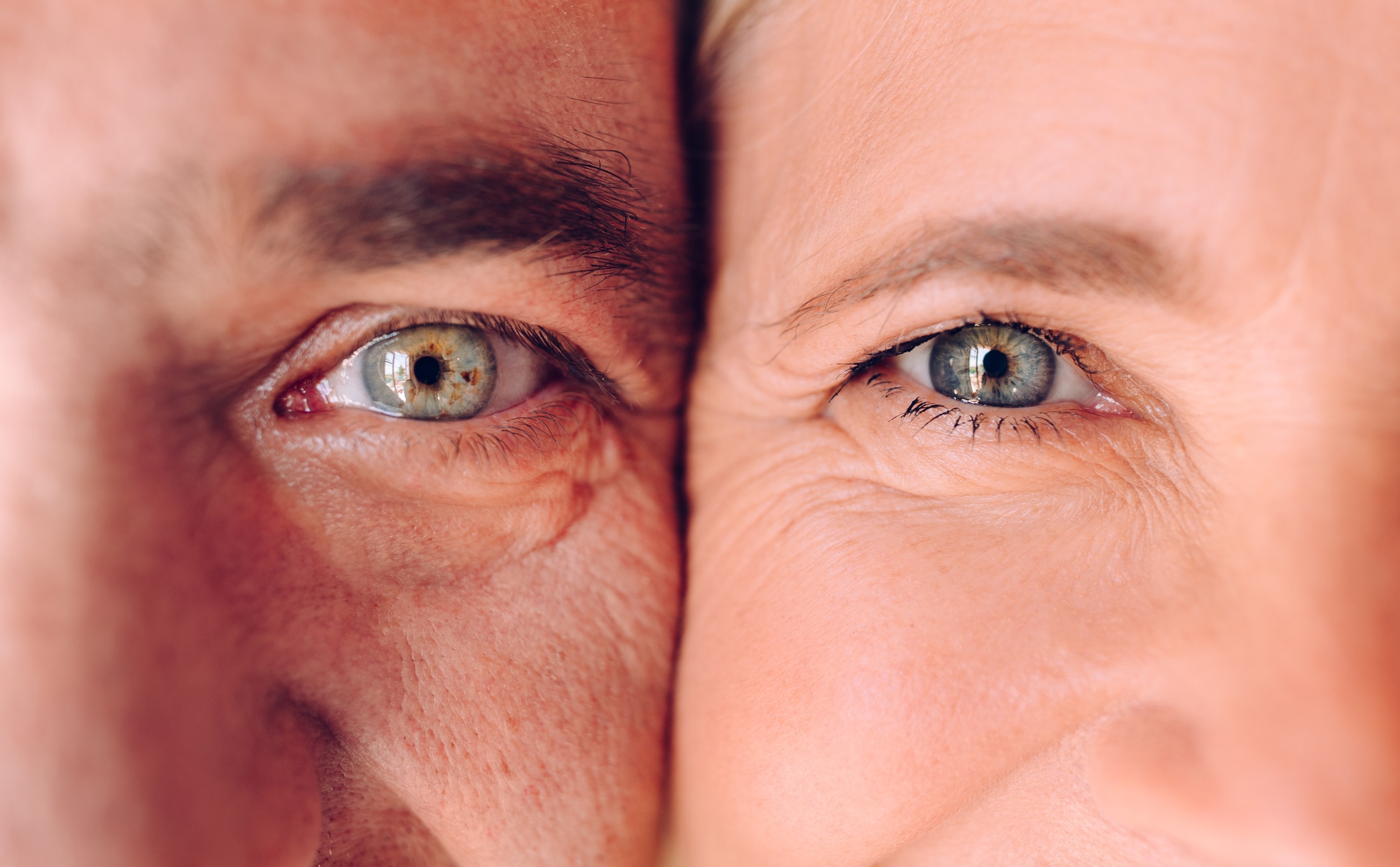
Wet AMD
The “wet” form accounts for about ten percent of all AMD cases. As dry AMD worsens, abnormal blood vessels form under the macula and allow fluid and blood to leak causing damage to the overlying retinal tissue, and can lead to a rapid and severe loss of central vision. If diagnosed early, treatments are available which can seal the vessels and slow or restore vision loss.
What our patients have to say
“I have been Dr. John Warren’s patient for almost 2 years. I have always been extremely anxious about doctors and medical appointments. Dr. Warren is the first doctor that I can honestly say I like and trust 100%. He not only saved my vision, but recognized that the problem with my eyes was the sign of a more systemic problem that also needed treatment.” – Laurie S.
What Are Macular Degeneration Treatment Options?
Although there are currently no cures for macular degeneration, there are several treatments that can help to reduce the impacts of AMD and maintain the vision for some people.
Nutritional Supplements – such as high dose combinations of vitamin C, vitamin E, beta carotene, and zinc.
Certain types of “wet” macular degeneration can be treated with laser surgery, a brief outpatient procedure that uses a focused beam of light to slow or stop leaking bloss vessels that damage the macula.
- Photodynamic Therapy (PDT) which combines the use of a special drug with laser treatment
- Chemical Therapy which targets a specific chemical in the body which causes abnormal vessels
- Retinal Translocation Surgery,
- Ext, Beam Gen
- Vitrectomy at the hospital.
- Low vision tools are also available that can help adapt to daily living
- Focal Laser Treatment is a treatment for diabetes for macular edema.
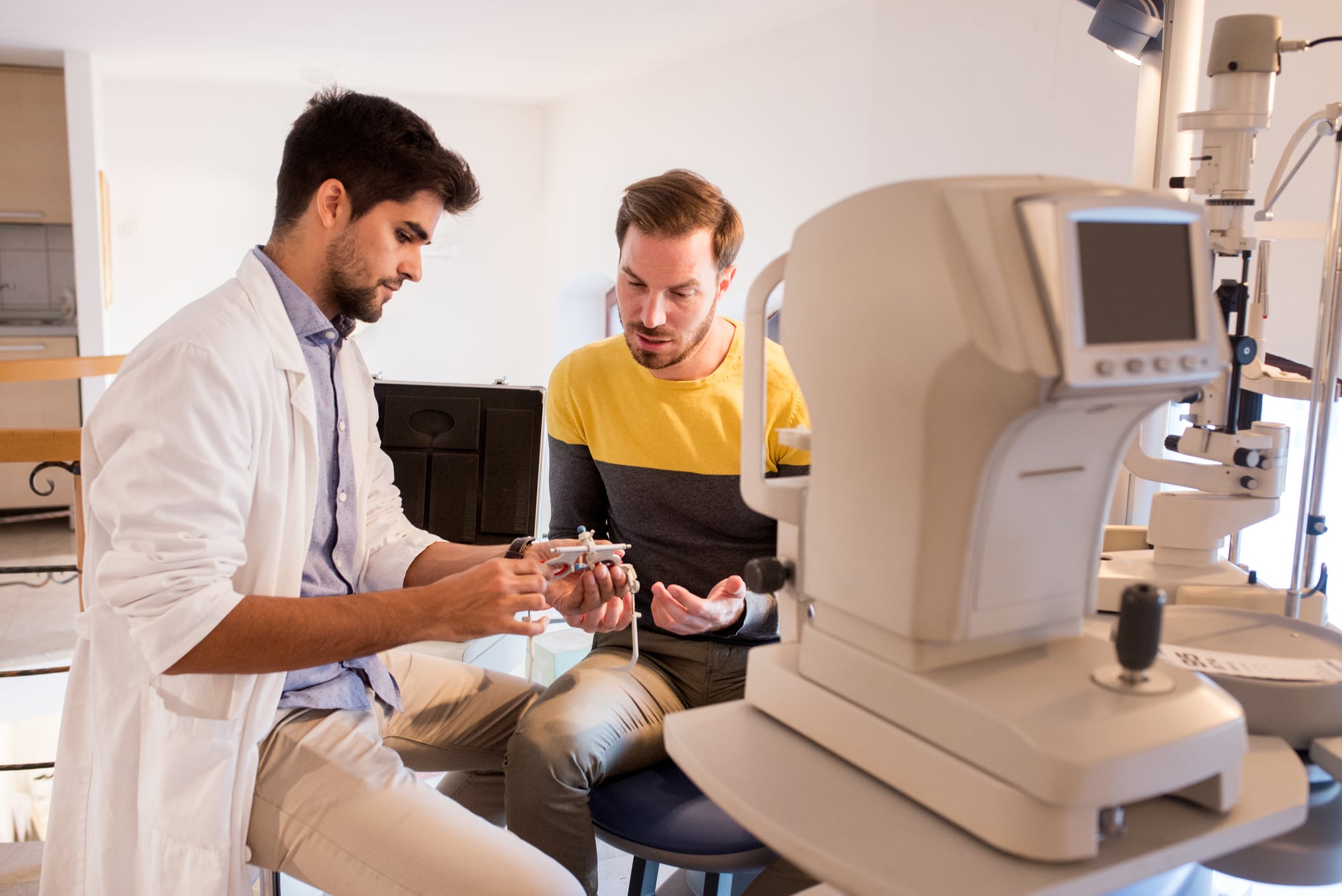
What are the causes of Macular Degeneration?
Research has not identified an exact cause of macular degeneration. However, studies suggest that environmental factors and heredity may combine to increase the risk of this condition. The development of macular degeneration typically follows a direct path that first involves the activity of unstable molecules called free radicals in the macula. These molecules cause inflammation on the macula, which then creates tissue damage. The tissue damage then results in more inflammation, and the cycle goes on, resulting in scarring that obscures vision.
While approximately 20 genes have been linked to more than half of all cases of macular degeneration, there is much more to the story that is yet to be discovered. Having a family member with macular degeneration does increase a person’s risk of getting this condition. Additional contributing factors include:
- Age. Macular degeneration most commonly affects patients over the age of 70.
- Ethnicity. Caucasians, especially those with light-colored eyes, more often develop AMD than other ethnicities.
- Gender. Two-thirds of AMD patients are women.
- Smoking. Studies suggest smokers are four times more likely to develop AMD.
- Heart disease increases the risk of AMD 1.5 times.
- Obesity, a body mass over 30 can double the risk of AMD.
- Prolonged sun exposure can damage parts of the eye and may increase the risk of AMD.
- Dietary habits and alcohol consumption can contribute to eye diseases including AMD.
- Certain medications have been linked to AMD.
- High blood pressure can restrict oxygenation in the eyes, increasing the risk of AMD.
What are the risks of Macular Degeneration?
Macular degeneration can progress if not properly diagnosed and treated. Patients who develop dry macular degeneration may progress to wet macular degeneration over time, losing vision much more quickly when they do. The loss of central vision caused by macular degeneration can cause a person to become socially isolated, degrading their emotional wellness and overall quality of life.
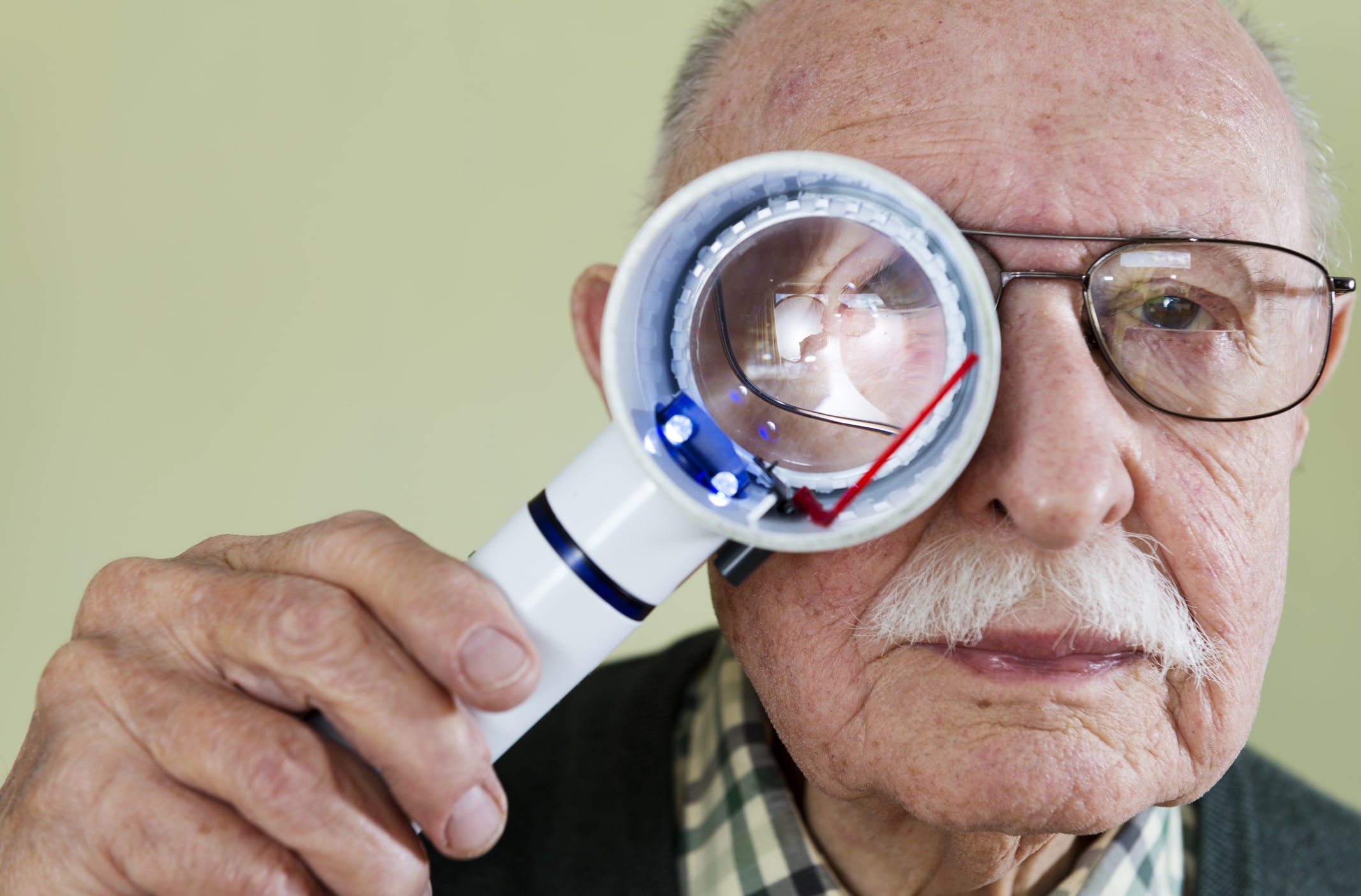
How can you prevent Macular Degeneration?
Routine eye exams are integral to identifying the risks of diseases like macular degeneration. Seeing an eye doctor on a yearly basis provides an accurate measurement of changes within the eyes. To manage the risks of macular degeneration, patients may:
- Manage general health conditions such as high blood pressure or cardiovascular disease.
- Avoid smoking.
- Manage weight and exercise several days a week.
- Eat healthy fats and fish, or supplement with omega-3 fatty acids to support eye health.
Is Macular Degeneration hereditary?
Not all cases of macular degeneration have a genetic component. However, certain genes have been associated with an increased risk of developing this condition. Studies suggest that a person’s risk of macular degeneration may be substantially higher if an immediate family member such as a parent or sibling also has this condition.
Can you get AMD in only one eye, or does it always occur in both?
Macular degeneration usually develops in both eyes. If only one eye develops symptoms, it is likely that the vision in the other eye may change as it attempts to compensate for diminished visual clarity.
Schedule a Consultation
If you would like more information about macular degeneration and treatment, contact our office today! Call 1-855-286-2020 to schedule a consultation with one of our eye care specialists.

